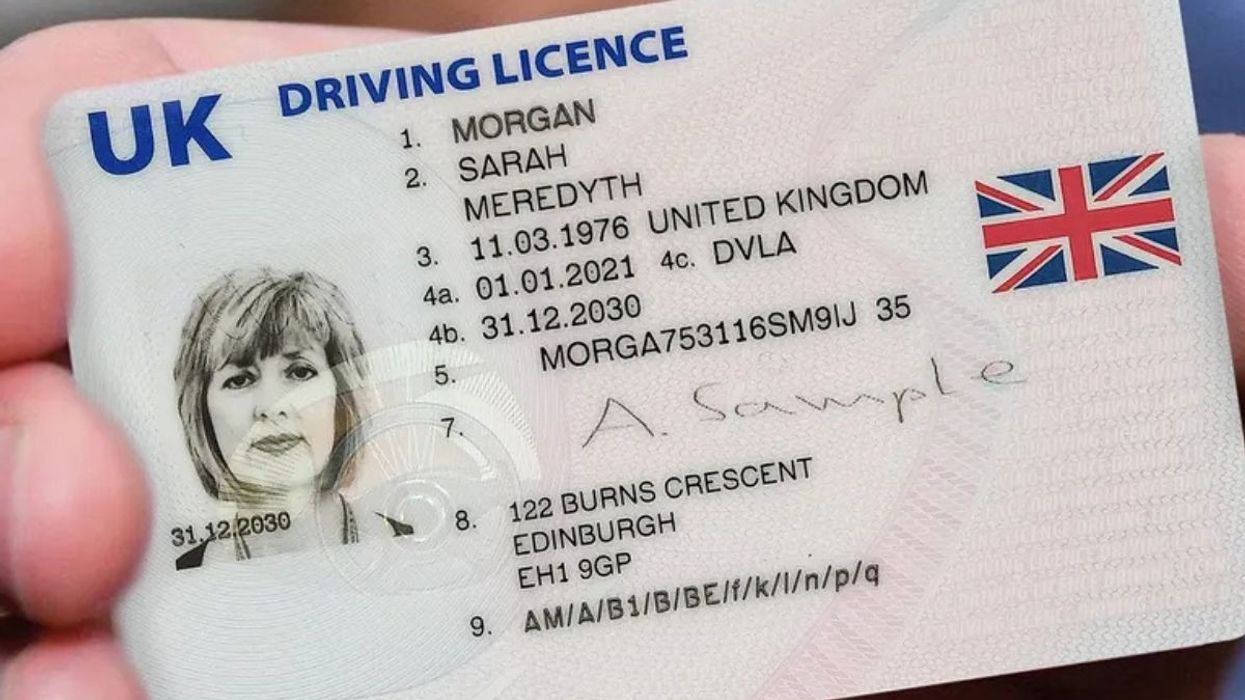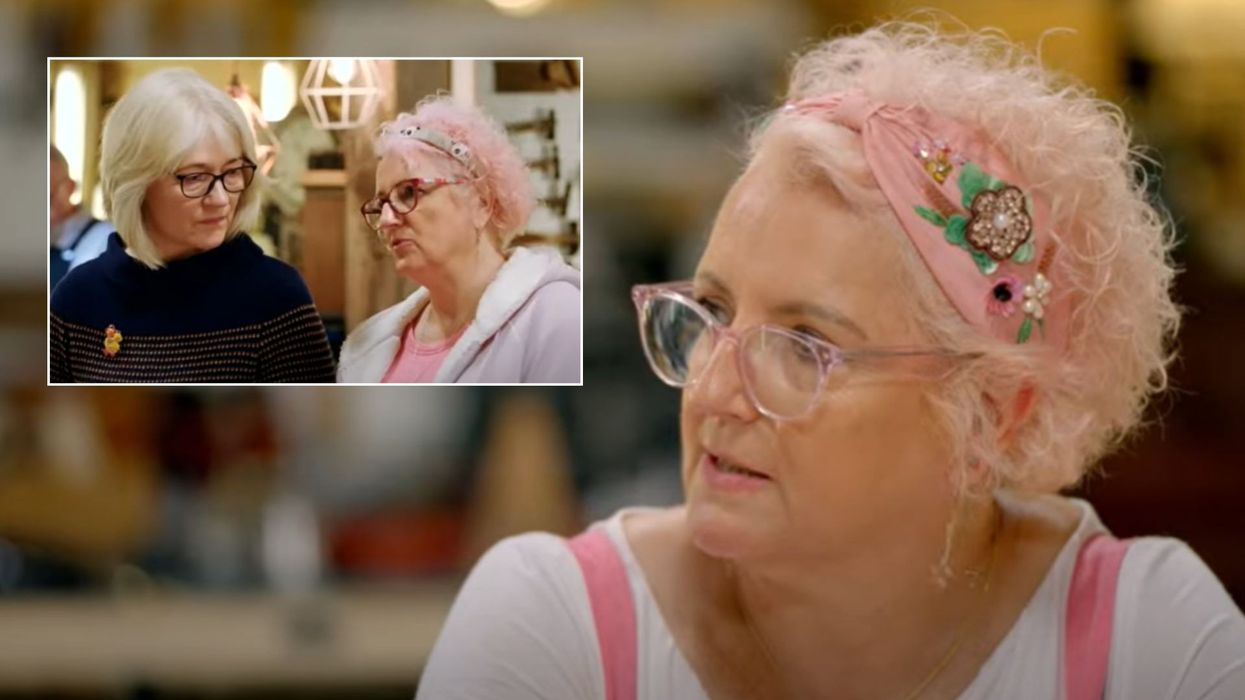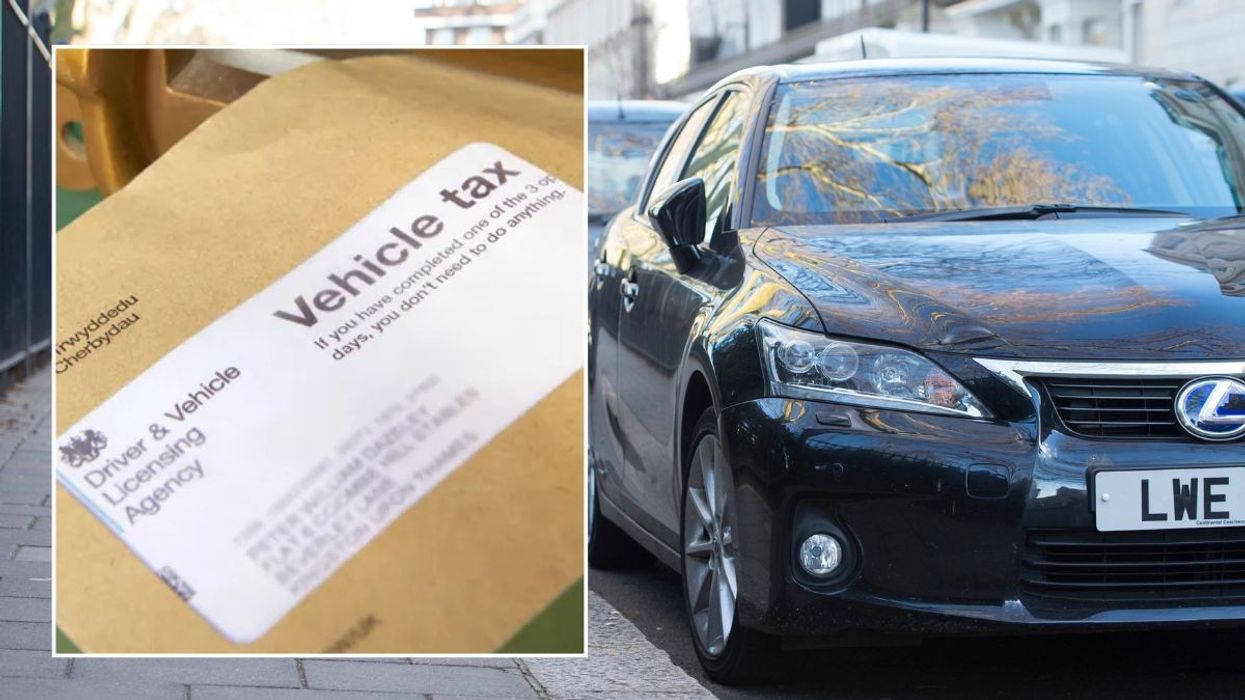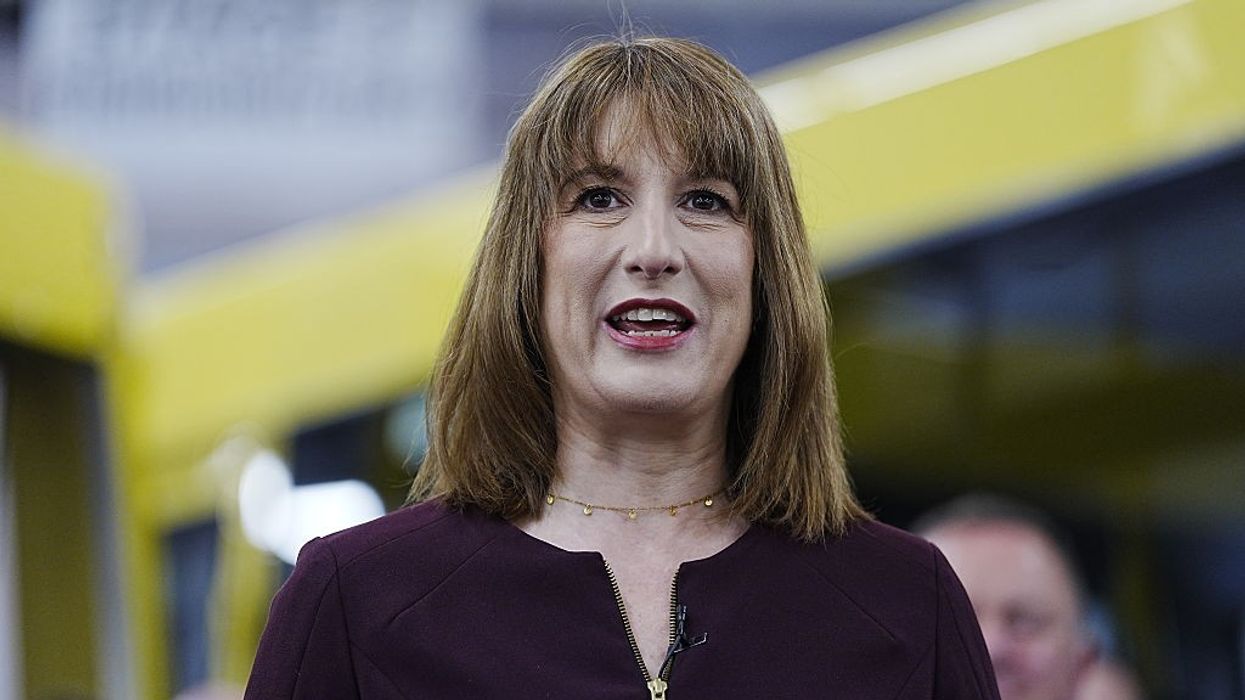'This isn't about nostalgia - it's about backing a part of the industry that could help drive the UK’s economic future'
Don't Miss
Most Read
Industry experts are warning that the British manufacturing sector could be hammered by "volatile global trading conditions" unless more is done to protect the automotive industry.
New data from the Society of Motor Manufacturers and Traders (SMMT) shows that the UK's luxury, high-performance and niche manufacturers export almost £5billion in high-value products around the world every year.
The sector supports 15,000 workers and has a turnover rate of £5.5billion. It also supports an additional 60,000 jobs throughout the supply chain.
Brands including Aston Martin, Bentley, LEVC, Lotus, McLaren, Morgan and Rolls-Royce are the key players in the sector and support thousands of jobs.
Do you have a story you'd like to share? Get in touch by emailingmotoring@gbnews.uk

Experts are arguing that more needs to be done to ensure British car manufacturers are protected
SMMT
Despite only being responsible for four per cent of total UK car production, luxury vehicles account for 12 per cent of the value.
The SMMT data shows that these manufacturers also employ many high-skilled, well-paid jobs. The average salary (£43,729) is 18 per cent higher than the national average.
Mike Hawes, chief executive of the SMMT, said: "Britain's luxury, performance and niche vehicle makers are exemplars of automotive design, engineering and manufacturing - and a quintessential British success story, the definition of 'Made in the UK, Sold to the World'.
"Government rightly recognises the importance of these high-value and iconic brands to the UK economy and, amid multiple geopolitical headwinds, the industry is looking to work together to ensure the sector can not just survive but thrive."

SMMT chief Mike Hawes and Minister for Industry Sarah Jones backed the British manufacturing sector
SMMT
The SMMT warned that many of the UK's small volume manufacturers face a series of challenges, including the race to decarbonise and production cost pressures.
The organisation highlighted how these factors, in addition to other pressures, threaten competitiveness and growth.
As a result, the sector is calling on the Government to include helpful measures in upcoming industrial and trade strategies.
The report, The UK's Small Volume Automotive Manufacturers: An Enduring British Success Story, is directly calling for ways to address concerns with specific consideration for small volume manufacturers.
LATEST DEVELOPMENTS:
Sarah Jones, Minister for Industry, said: "We're ensuring our carmakers go from strength to strength as we deliver our Plan for Change, and we've already secured landmark trade deals with the US and India, which will cut tariffs for the sector and create new export opportunities.
"Our modern Industrial Strategy will set out a long-term plan to support our manufacturers, including by creating the right conditions for increased investment, bringing growth, jobs and opportunities to every part of the UK."
One of the key points included in the report calls on the Government to "reflect" the interests of smaller volume manufacturers in trade negotiations.
It follows Keir Starmer's landmark trade deal with President Donald Trump, which reduced the tariff on foreign vehicle imports to the United States from 27.5 per cent to 10 per cent for UK manufacturers.
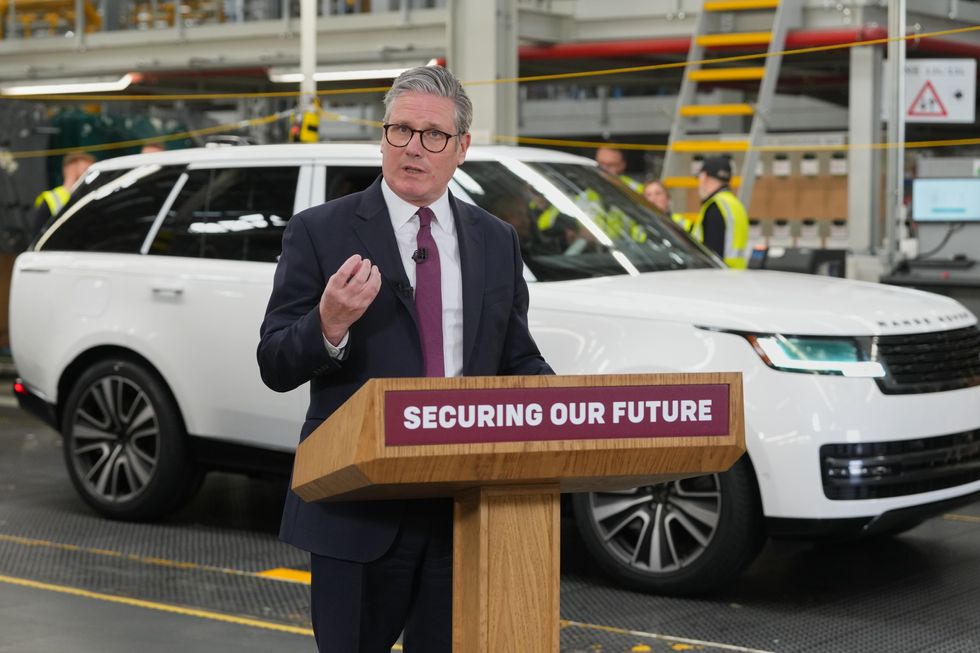
Sir Keir Starmer praised the UK-US deal at the JLR factory last month
PAThe new deal will see the 10 per cent rate apply to a quota of 100,000 vehicles, with the Prime Minister praising the deal as helping keep British manufacturing thriving.
Paul Barker, editor of Auto Express, noted that manufacturers, including Aston Martin and McLaren, were under "real pressure", even after the renewed terms of the UK-US trade deal.
He added: "The Government talks a good game about supporting UK manufacturing - and it's encouraging to hear Industry Minister Sarah Jones acknowledge the importance of these brands and commit to long-term backing through the Plan for Change and new trade deals.
"But words alone aren't enough. These aren't just niche brands with heritage badges; they're high-skill, high-value employers, and if we want them to thrive, we need joined-up policies on trade, electrification and investment.
"This isn't about nostalgia - it's about backing a part of the industry that could help drive the UK’s economic future."





















